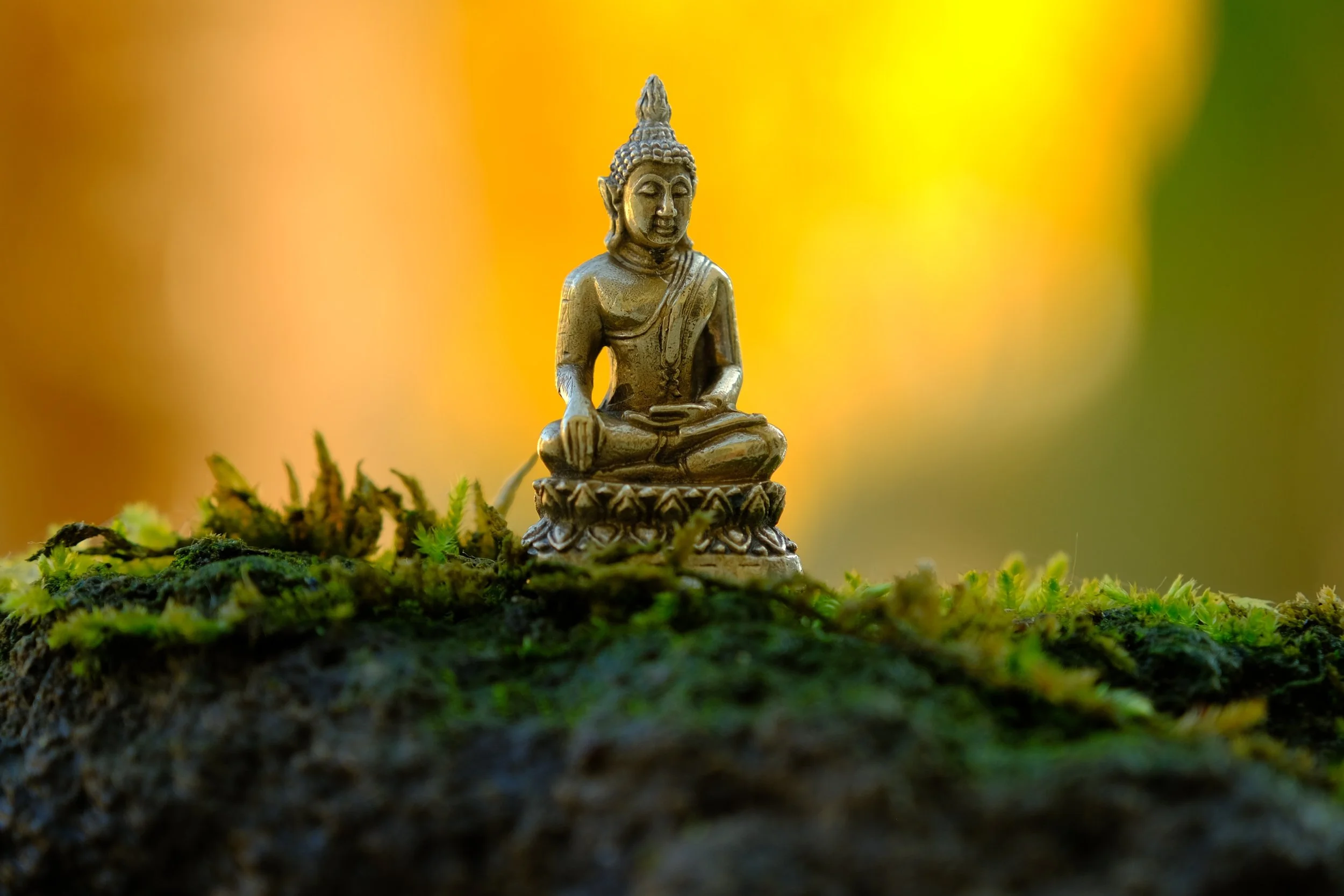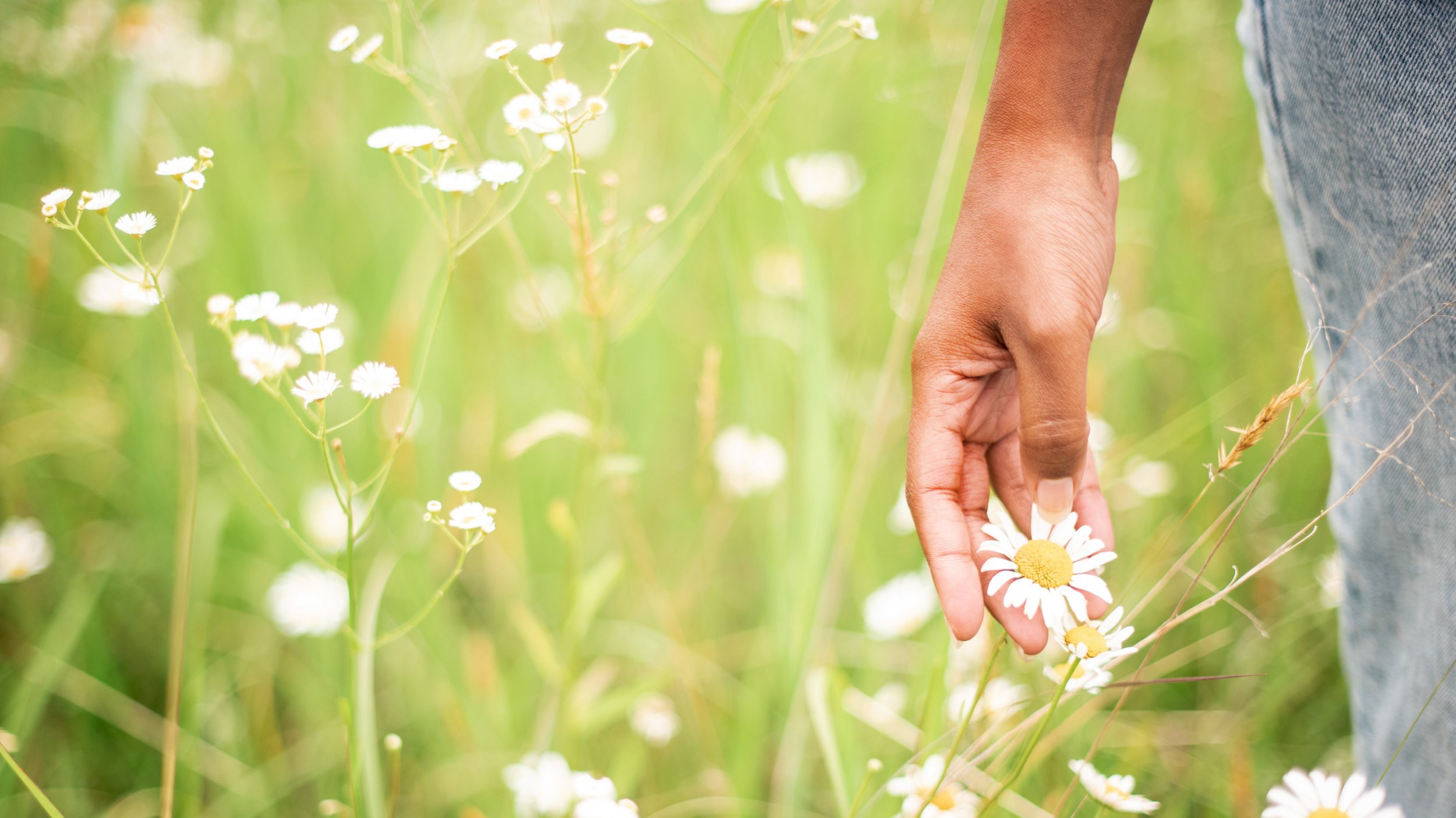At a conference panel I attended this past weekend, a group of women writers were discussing what happens to women who tell the truth about their lives. After publishing their books, these writers were asked, often in a scandalized tone: What do your children/parents/colleagues think? They noted that their male counterparts rarely seemed to be asked this question.
One panelist, memoirist Rebecca Woolf, was reflecting on how, as a little girl, she was given a diary with a padlock on it, as were many of her friends—as, I noted in the audience, was I. “When I was younger,” Woolf said, “I assumed that the padlock was there to protect me. But now I realize that the padlock was really there to protect everyone else.”























